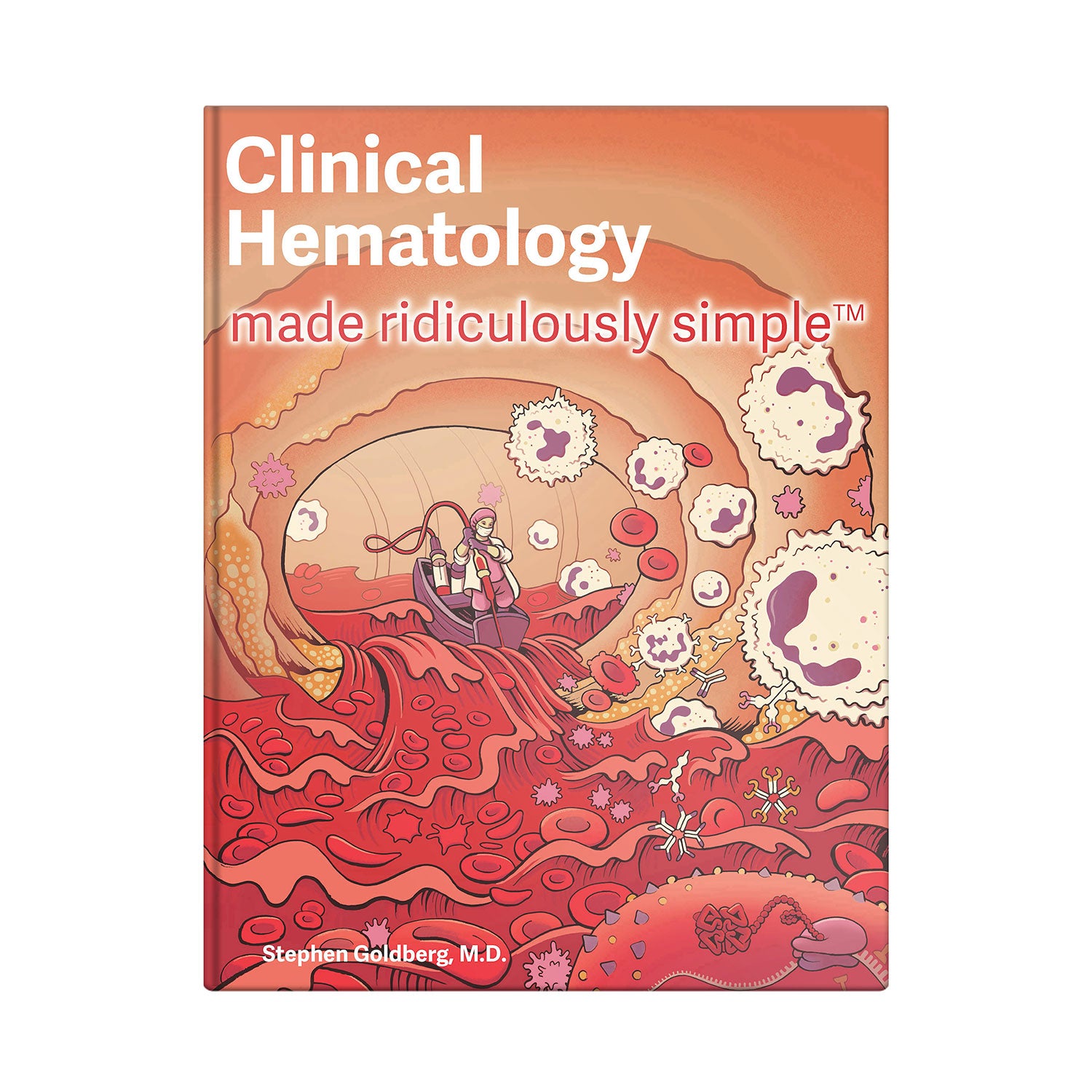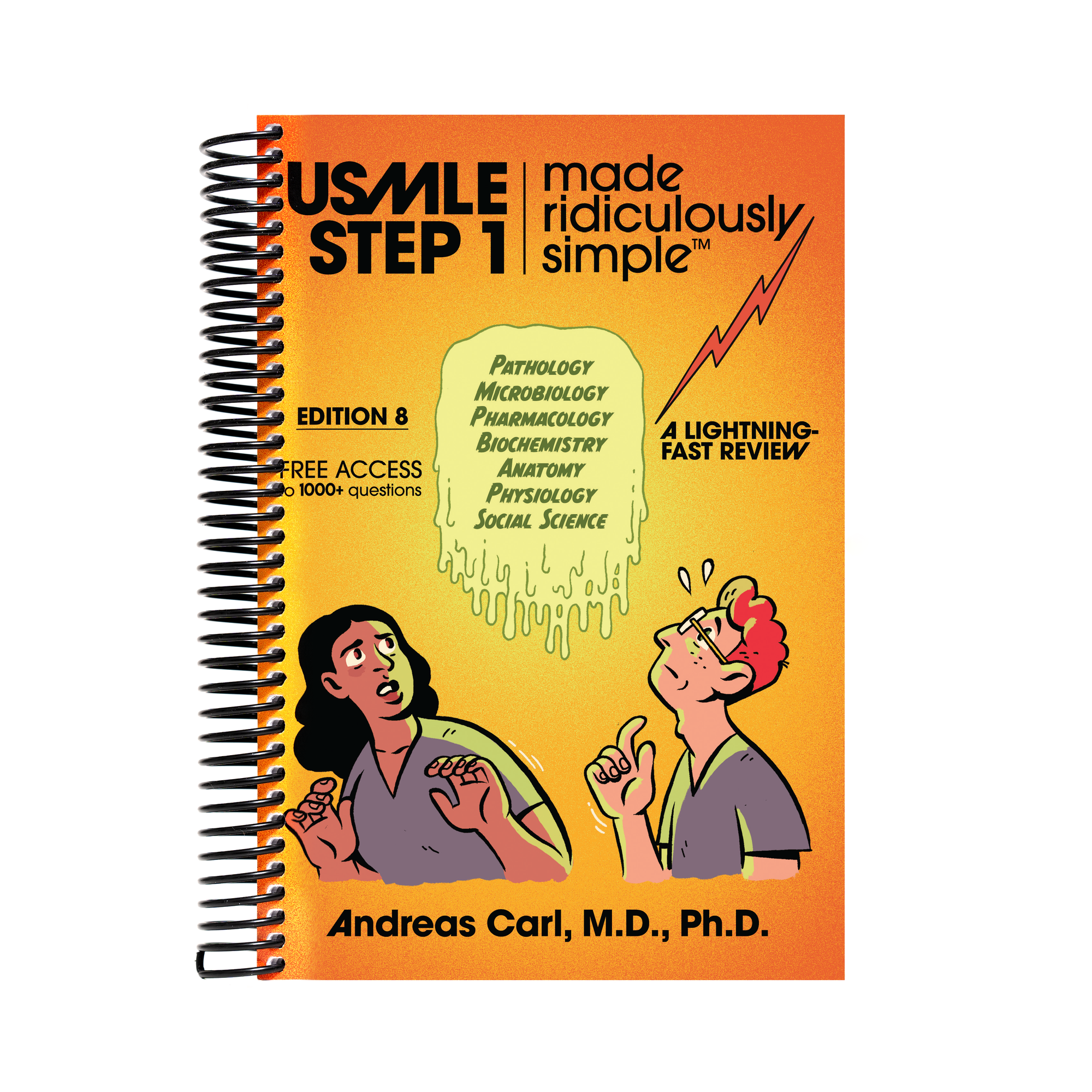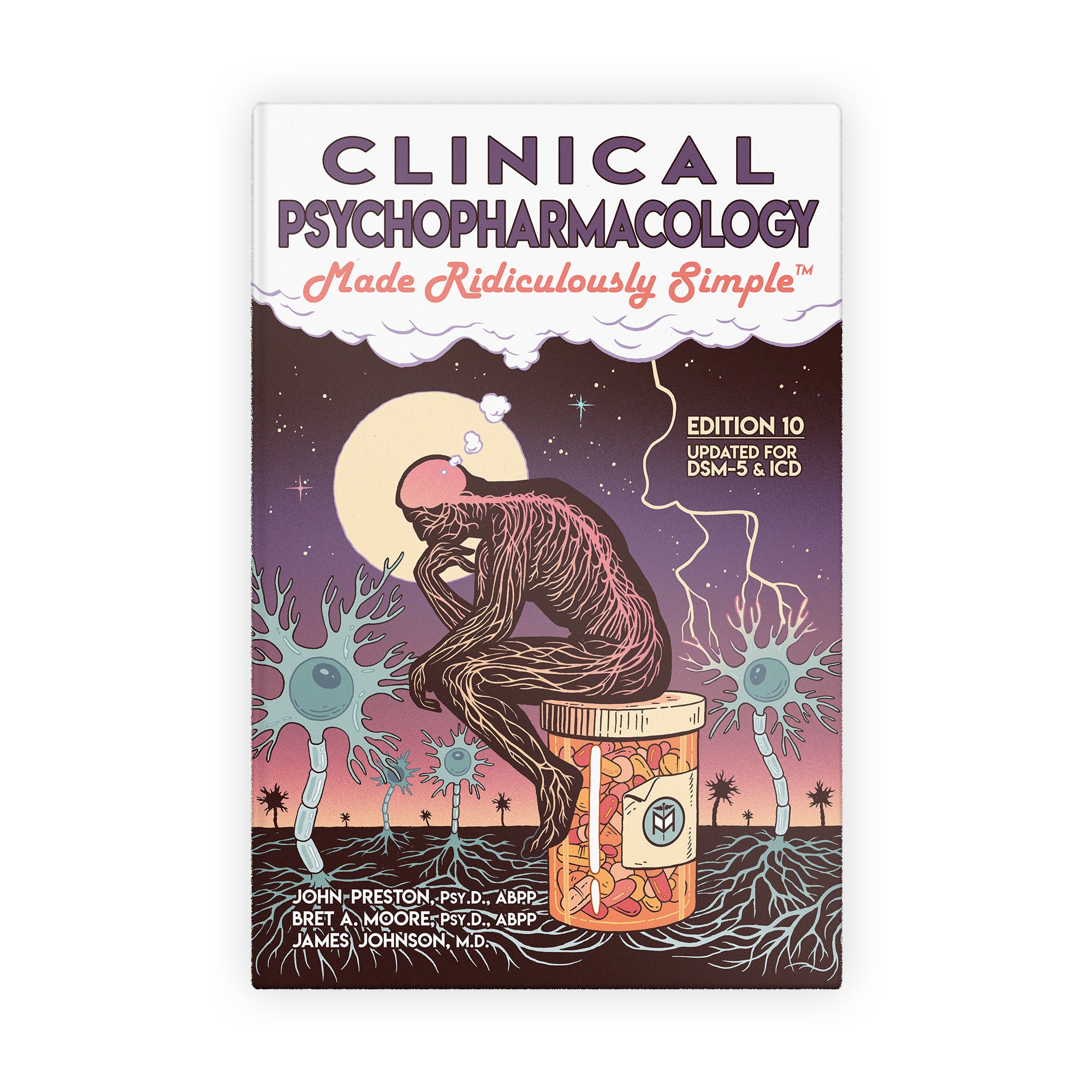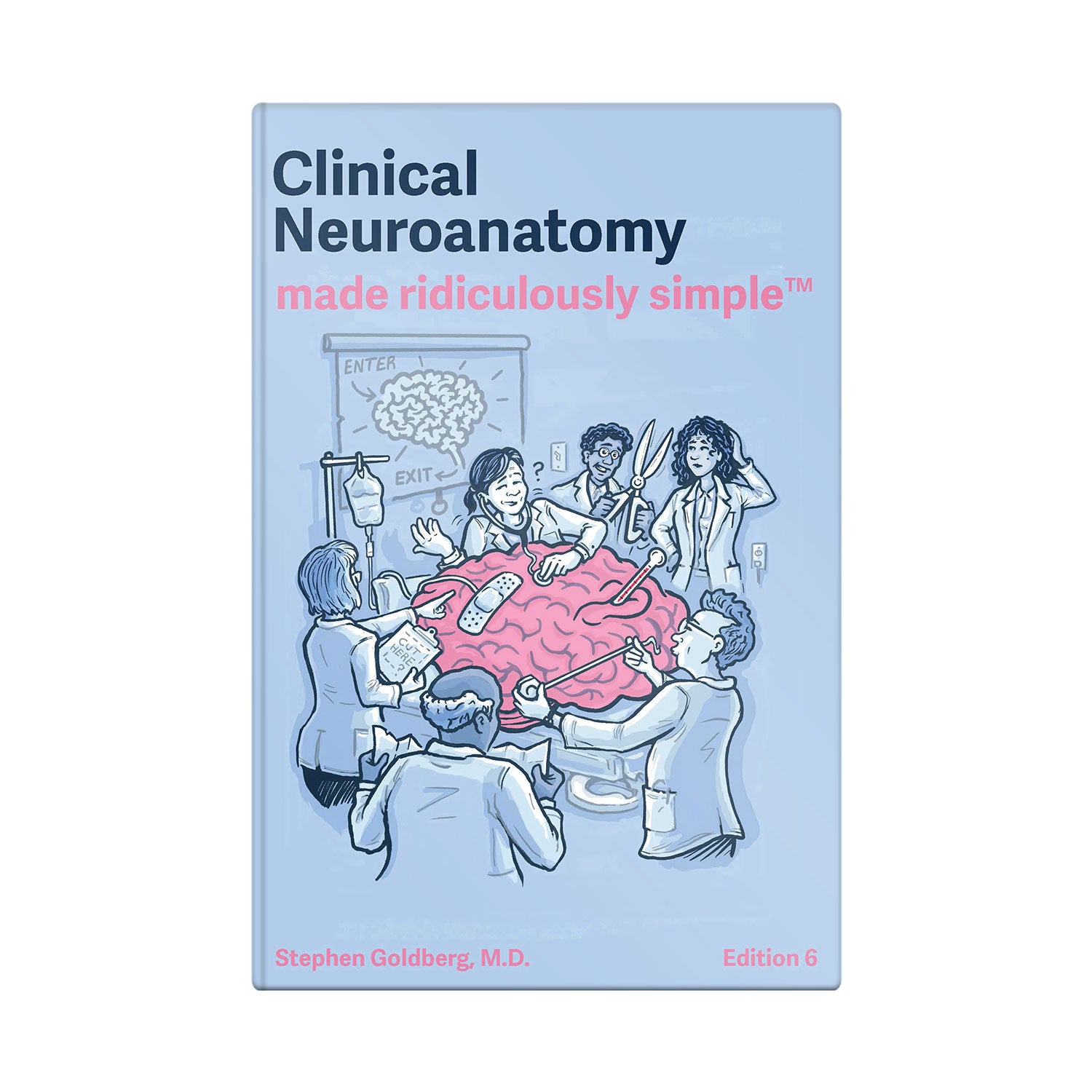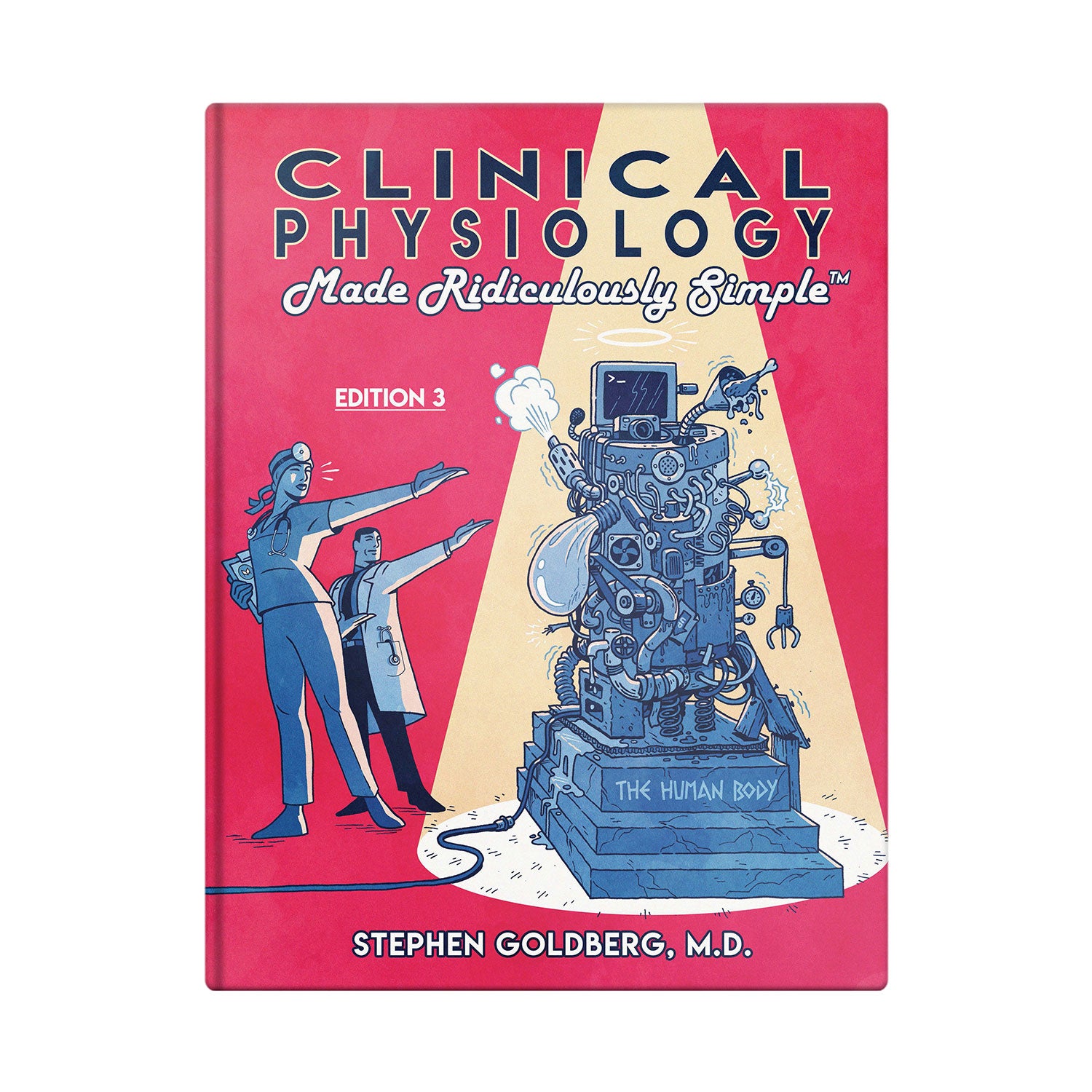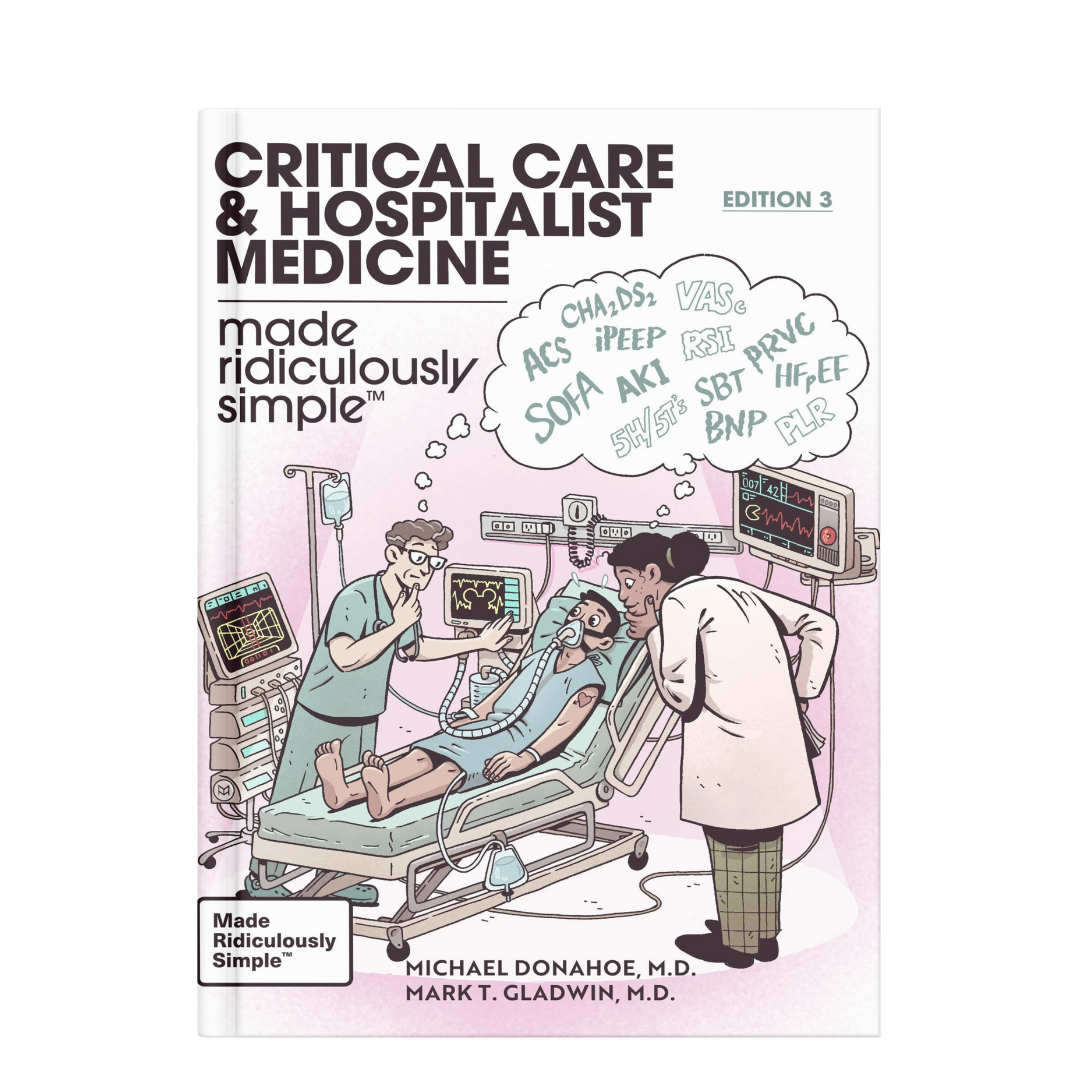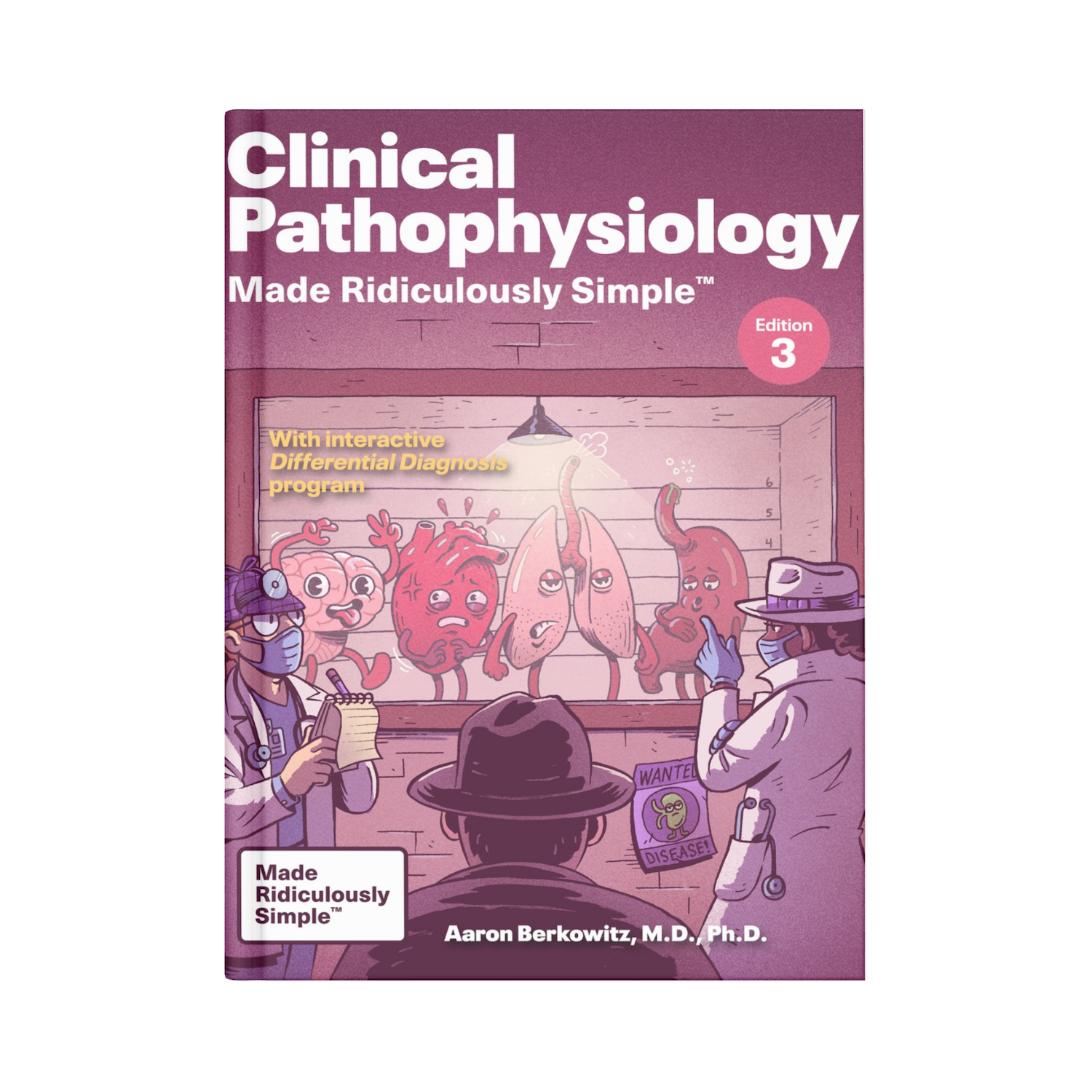
Depression: Often Obvious, Sometimes Hidden
A common problem is that many people may hear about these techniques and not try them, in large part because they seem ridiculously simple.
A number of factors can contribute to depression. There are the usual suspects, e.g. loss of a loved one (due to death, separation, or divorce), assaults to one’s self-esteem (e.g. being fired, demoted, failing an exam, or being rejected in a romantic relationship), developing a serious illness. Additionally, a number of situations that contribute to depression are commonly encountered among those in medical school, internship, or residency:
- Prolonged exposure to significantly stressful situations.
- The perception of powerlessness. For example, the belief that “no matter what I do, I still cannot stay on top of things.” Chronically feeling overwhelmed.
- A lack of self-confidence. Developing doubts about one’s self.
- Sleep deprivation: This is a very common but often overlooked cause of depression. This can be due to the choice to regularly sleep less (e.g. spending long hours into the night studying or being on call). Also, a loss of restorative (slow wave) sleep can be caused by the overuse of caffeine or other stimulants and by chronic anxiety. Prolonged stress or anxiety disorders result in high levels of stress hormones such as cortisol and norepinephrine. These hormones significantly reduce the time spent in slow wave sleep. Stress often results in difficulty falling asleep (initial insomnia) and, in addition, the loss of restorative sleep. The daytime exhaustion that results is often combated with increased caffeine use. Caffeine also interferes with the ability to enter slow wave sleep.
- In attempting to overcome initial insomnia, people often turn to the use of alcohol and benzodiazepines, most of which also interfere with restorative sleep. Fatigue and chronic loss of slow wave sleep contribute to cognitive problems (especially the ability to maintain attention and concentration).
"And how long have you been, in my opinion, evil?"
Stress may lead to impaired sleep, daytime fatigue, excessive caffeine, alcohol or tranquilizers use, and symptoms of depression.
Common symptoms of depression include: sadness, guilt feelings, suicidal ideas, loss of libido, appetite changes, and sleep disturbances. In addition, there are symptoms that may not be seen or appreciated as manifestations of depression, but are quite common, including decreased frustration tolerance, irritability, impatience, difficulty concentrating, a loss of interest in what previously had been enjoyable or meaningful activities, social withdrawal, and chronic exhaustion.
It may be surprising to learn that as many as 1/3 of people suffering from depression do not appear to be sad or depressed. They do not exhibit a depressive affect, and when asked if they are sad or depressed will say “no.” Yet many of the symptoms listed above clearly are signs of depression.
Poor concentration and chronic fatigue are depressive symptoms that can directly interfere with performance. Additionally, depression and chronic loss of slow wave sleep are notorious for interfering with memory. Otherwise very capable people suffering from depression begin to experience failures as they are less capable of learning and acquiring skills. This can lead to increasing experiences of failure, and the ability to perform at a high level is compromised. This can become a self-perpetuating cycle…trying harder yet experiencing more difficulty; and eventually a progressively more pronounced lack of self-confidence.
A pervasive cultural phenomenon is to deny feelings of depression and adopt a “pull yourself by your boot-straps” mentality. Often there are a good deal of embarrassment and shame associated with feeling depressed, yet a “grit your teeth” approach almost always makes matters worse. You can be sure that when people experience depression, everyone has done whatever they can to try and “snap out of it,” but this approach simply doesn’t work. Depression creates a sort of paralysis; people feel stuck.
Standard treatments for depression are effective in about 80% of cases. These include antidepressant medication treatment and psychotherapy, especially cognitive therapy, a specific treatment protocol that has a good deal of empirical support in treating depression.
If you or a friend or colleague is experiencing depression, a number of strategies have been shown to be helpful in combating this malady. The following are high-yield interventions that are often effective in reducing symptoms of depression:
- Exercise. The types of exercise that have been shown to reduce depression are: a. 20-30 minutes of aerobic-level exercise 3-4 times a week. The intensity required to have an impact on depression can be in keeping with one’s level of fitness. For example, those who are not fit can benefit by brisk walking; jogging, running or swimming for those who are more fit.
- Two 10 minute periods of exercise each day. Again at an aerobic level.
- Walking 10,000 steps a day (which can be monitored by the use of a pedometer). Most people walk 6000 steps a day, doing routine things. During depression this generally falls to 3000 steps a day. Some reduced depression is commonly seen following approaches a and b. But the effect is transient (lasting about one hour). The real benefits (a,b, and c) are seen after a month to six weeks.
- Keep caffeine levels low. Ideally this means no more than 250 mg of caffeine only in the morning and avoiding it after noon. To combat fatigue in the afternoon, 10 minutes of brisk walking can yield the equivalent of a cup of coffee, and the effect lasts about 1-2 hours. See attached “Caffeine Questionnaire.”
- Bright light exposure. This technique has been found to be good not only for seasonal depression but for all types of depression. The dose: 15-20 minutes a day going outside without sun glasses. Use sunscreen…what matters is not light hitting the skin, but rather, light striking the retina.
- Find an outlet for expressing feeling. Of course this is done in psychotherapy, but it can often occur with a good friend or family member. The tooth-gritting approach almost always backfires.
A common problem is that many people may hear about these techniques and not try them, in large part because they seem ridiculously simple. Yet the truth is that they are often very effective. A second problem has to do with depression itself…depression almost always is accompanied by feelings of hopelessness. Assuming that the techniques will not help, many depressed people simply do not try them.
More techniques can be found in one of my books: Depression 101.
The Goldberg Files
The Goldberg Files is based on the struggles of Dr. Goldberg as well as those of his many students which he observed while teaching medical school for 25 years. This extensive blog is dedicated to assisting students in dealing with the stresses of medical education. Want to learn more?



